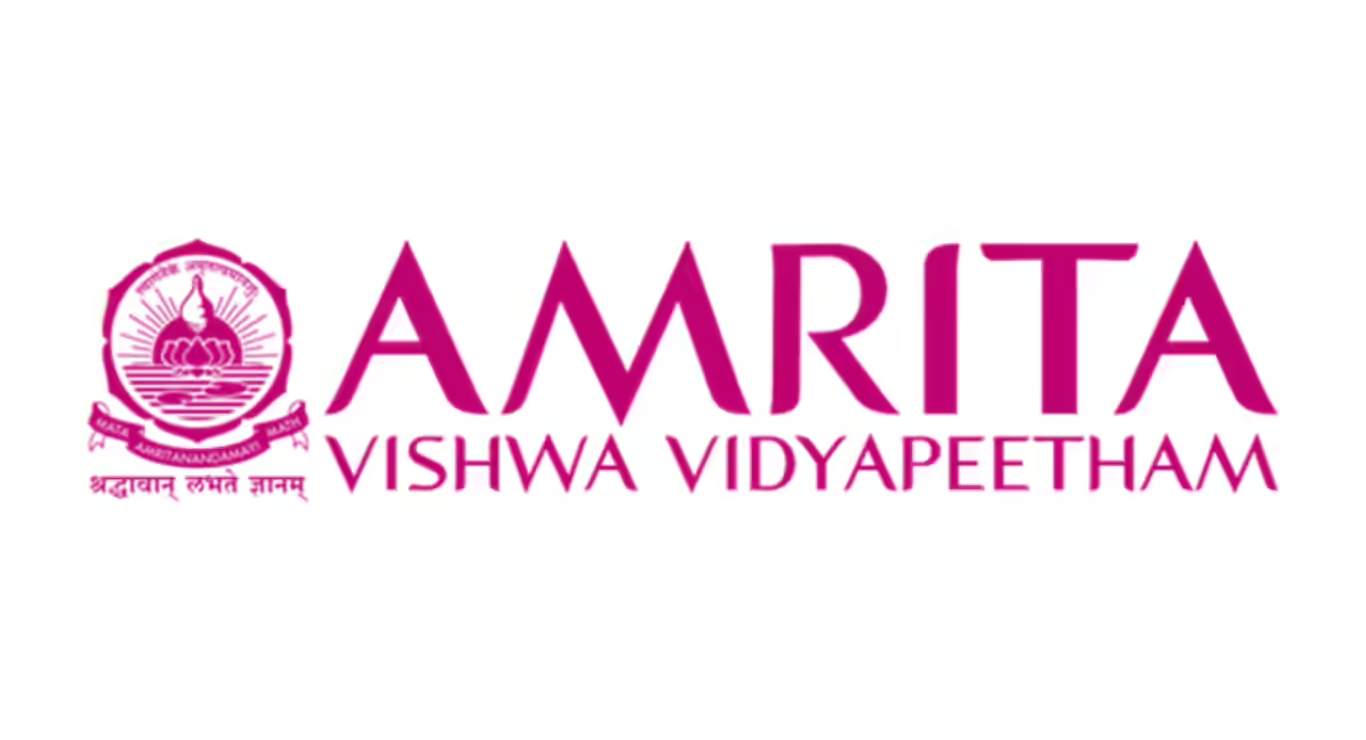The SPELLL-2025 conference, scheduled to take place at the Indian Institute of Information Technology (IIIT), Kottayam, Kerala, INDIA
on December 18-20, 2025, is poised to be a pivotal event in the field of Speech and Language Technology, especially for low-resource languages.
This Fourth edition of the International Conference on Speech & Language Technology for Low-resource Languages (SPELLL) is dedicated to
the advancement and preservation of speech and language data technologies for less commonly used languages, focusing on their integration into the
digital era and utilization in various industries, humanities, and social sciences.
In a world where internet usage is escalating and most global languages have transitioned smoothly into the digital age, the plight of approximately
10000+ languages, especially regional and low-resource ones, is often overlooked. These languages, lacking in technological development,
face the imminent threat of extinction.
SPELLL-2025 aims to counter this by congregating researchers worldwide who specialize in these low-resourced and minority languages. The goal is to foster the development of
speech and language technologies to preserve the linguistic and cultural heritage of these languages.
Key Objectives of SPELLL-2025 include:
- Exploring challenges in creating speech and language resources for low-resource languages.
- Advancing research in speech and language technology tailored to these languages.
- Developing and implementing appropriate language technology models for low-resource languages.
- Encouraging the integration of multimodal and generative technologies to Enhance NLP capabilities.
- Creating a collaborative platform for researchers from low-resource language communities around the globe.
- Establishing and ensuring ethical research and development practices that guarantee unbiased and fair outcomes.
By focusing on these areas, SPELLL-2025 aspires not only to preserve the world's linguistic diversity but also to ensure the growth of low-resource languages in the digital era. The integration of cutting-edge NLP and speech technologies is seen as crucial in this conference as it represents an essential contribution to academic research, technological innovation, and cultural preservation efforts, aiming to secure the relevance and importance of the world's linguistic heritage in an increasingly digital future.
Conference Highlights
























